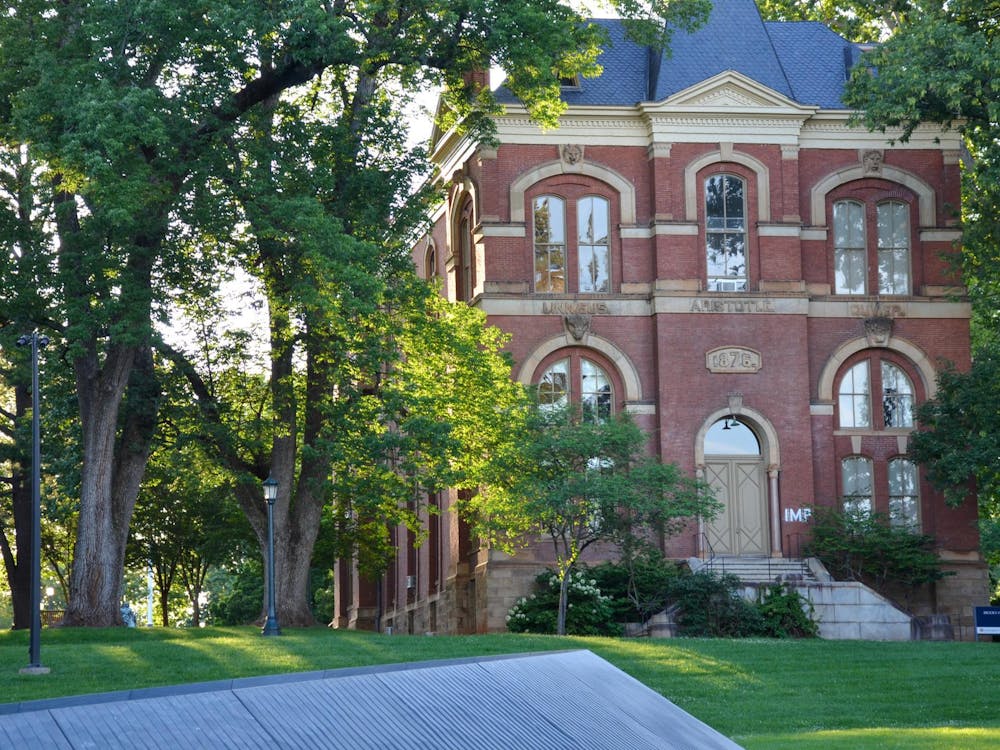Faculty advisors help students select courses and guide them through the University, but their roles vary from school to school.
Faculty Senate Chairman David T. Gies said there are advisors for majors, minors, distinguished majors, Echols scholars, graduates and first- and second-year undeclared College students.
"First- and second-year [advisees] want to get their cards and run, but if you sit down and talk to them, the conversation evolves - you can talk about different classes" the student might not have thought of taking, Gies said.
Advising for first- and second-year undeclared students is the "hardest because you really have to know the [College] distribution requirements," he said.
Toni Wegner, director of undergraduate studies in psychology, agreed that "major advising is easier because I know the courses."
Gies said before meeting with first- and second-year undeclared advisees for the first time, the College deans' office provides advisors with a file on each advisee that includes his or her application to the University.
"There are comments from the advising staff - they tip us off to a student's needs," he said.
Judith K. Sands, director of the undergraduate program in the School of Nursing, said Nursing School advisors receive training in the process of advising and expectations as well as a handbook detailing required courses and possible second writing requirement classes.
Sands said a unique facet of the University's Nursing School advising program is the required feature of professors notifying advisors if their advisee is having "difficulty in any of our courses."
Sands said Nursing advisors also try to assist their students with career advising as well as problem solving.
Gies said that University students are open to academic challenges, including suggestions from their advisors.
"What's nice at U.Va. is that you can encourage students to stretch a little bit intellectually," he said.
Sands said the goal of advising is "to make every student have a connection above and beyond interaction with faculty in their classes."
Wegner said the psychology department requires their faculty to advise students because of the numbers of majors they have, which is about 600 to 700 students.
Sands also said "advising is expected of all of our full-time faculty."
Wegner said advisors to undeclared College undergraduates used to be paid $300 a year for their efforts.
Gies said College Dean Melvyn P. Leffler "wisely eliminated" this monetary honorarium so the money could be used for other purposes.
"Advising is part of our job, and it was such a little amount of money," he said.






